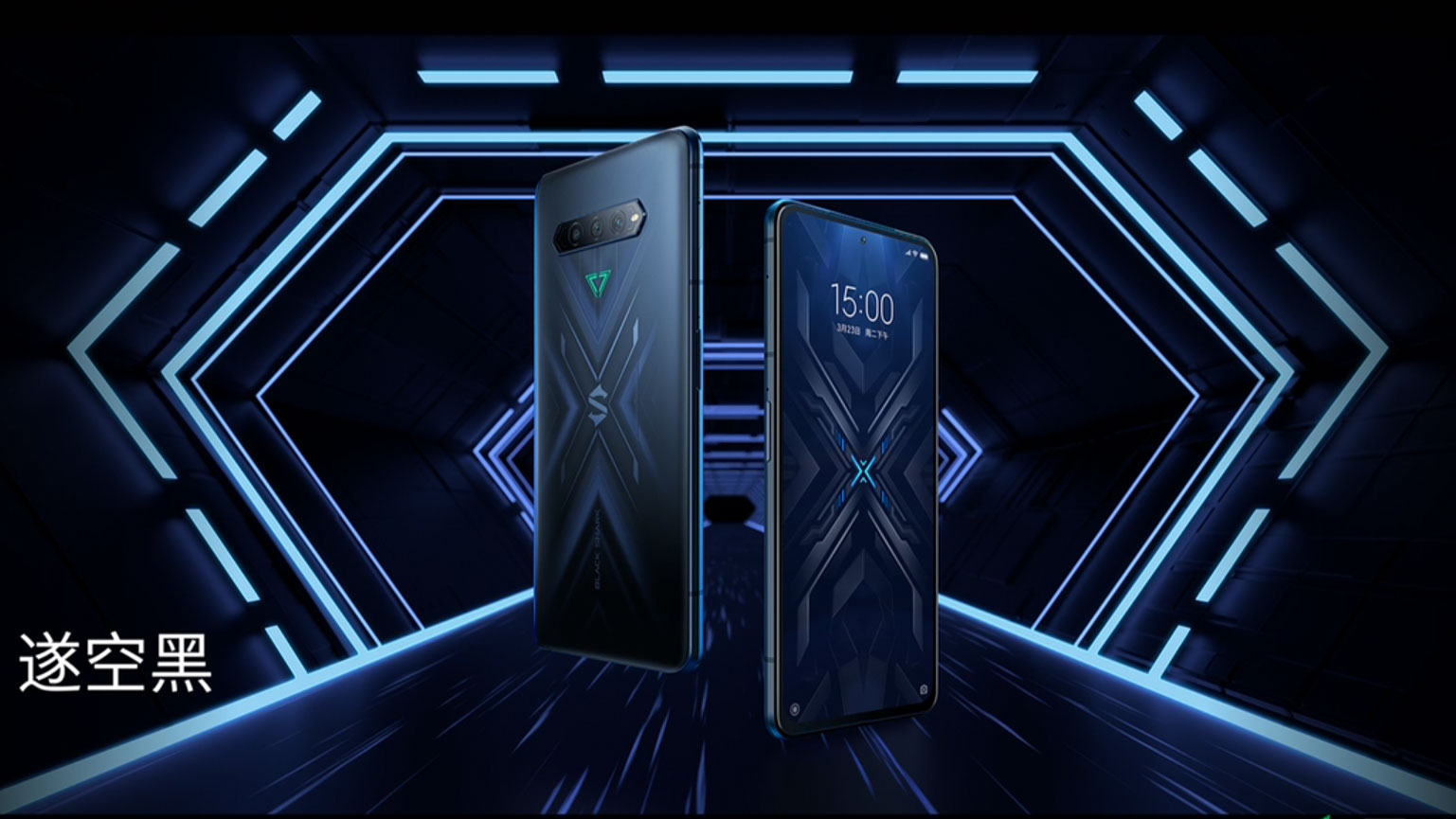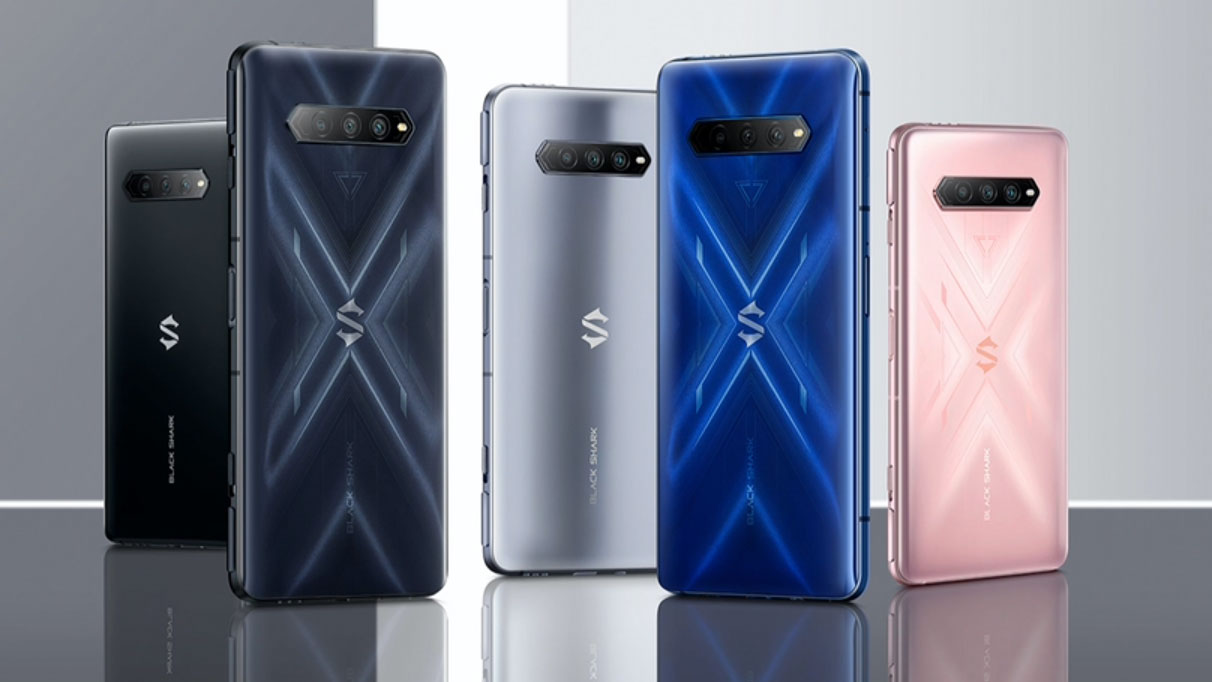March has been the month for gaming phones, and after the Asus ROG Phone 5 and Nubia Red Magic 6 unveiling, the Xiaomi Black Shark 4 has also been launched, at a Chinese launch event.
The Black Shark 4, shown off alongside a higher-end Pro model, is one of the most intriguing smartphones we've seen in a while, because it's done away with lots of the conventions of gaming phones we're used to seeing. Is that good or bad? We'll have to test the phone to find out.
We'll run you through the Black Shark 4 and 4 Pro specs below, so you can see what they're like, and what Xiaomi has opted to do a little differently.
- These are the best Xiaomi phones
- Check out our Xiaomi Black Shark 3 review
- What we know about the iPhone 13
The new Black Shark

Both the Black Shark 4 and 4 Pro have 6.67-inch screens, with FHD+ resolutions, 144Hz refresh rates and a snappy 720Hz touch input rate. This latter is a spec that's relevant for how you use a gaming phone - it refers to how frequently your touch is registered on screen, useful for quick reactions in games. We haven't seen one touch 720Hz, or 720 times per second, before, as that's a new high.
The screen is broken up by a 'punch-hole' cut-out for the front-facing camera, and this is something gaming phones don't really do, as conventionally that front-facing camera is housed in the bezel at the top (though most modern flagships go for the cut-out). As a result the screen real estate has a little chip missing, though the bezels are much thinner.
While the Black Shark 4 Pro has the top-end Snapdragon 888 chipset, the non-Pro model doesn't - it instead uses the Snapdragon 870, which is a slight downgrade from the 888 in a few areas. Since gaming phones invariably use the top processor available to them, it's curious that's not the case for the Black Shark 4, and could be a measure to keep the price low.
A top spec both phones share is their 120W fast charging, paired with 4,500mAh batteries, which Black Shark says will charge the phone to full in just under 15 minutes. Both phones also have 3.5mm headphone jacks.

Both phones have three rear cameras - the Pro has a 64MP main and the non-Pro has a 48MP main. These are joined by 8MP and 5MP companions, though we don't know what these extras do yet.
So with the chipset downgrade, what makes the Black Shark 4 great for gaming? Well one big thing is its physical triggers, which sit in the body of the phone, but can be 'popped-out' when you want to play, which makes them rise up and turn into pressable buttons. This is certainly a novel way of having physical triggers on a phone, and one we're looking forward to testing.
It seems these triggers can be used for other tasks too, as during the launch event it was shown how they could be used to quickly access personal information (think contactless cards and other NFC tools).
Other than chipset, the big difference between the Black Shark 4 and 4 Pro seems to be design - the Pro models look to have big 'X' patterns on the back, with LEDs which light up, while the non-Pro models seem to lose the LEDs, and also have plain backs for some configurations.
Finally Shark Space, the gaming-focused mode which mutes notifications and dedicates all the phone's power to gaming, seems to have had some improvements for the Black Shark 4. Namely, there seem to be more settings and non-gaming modes, as the interface shows a lot more options.
We don't know the Black Shark 4 price yet, or when it could come to non-China regions, but we'll update you when we find out.
from TechRadar - All the latest technology news https://ift.tt/2OZ3xSL
No comments:
Post a Comment